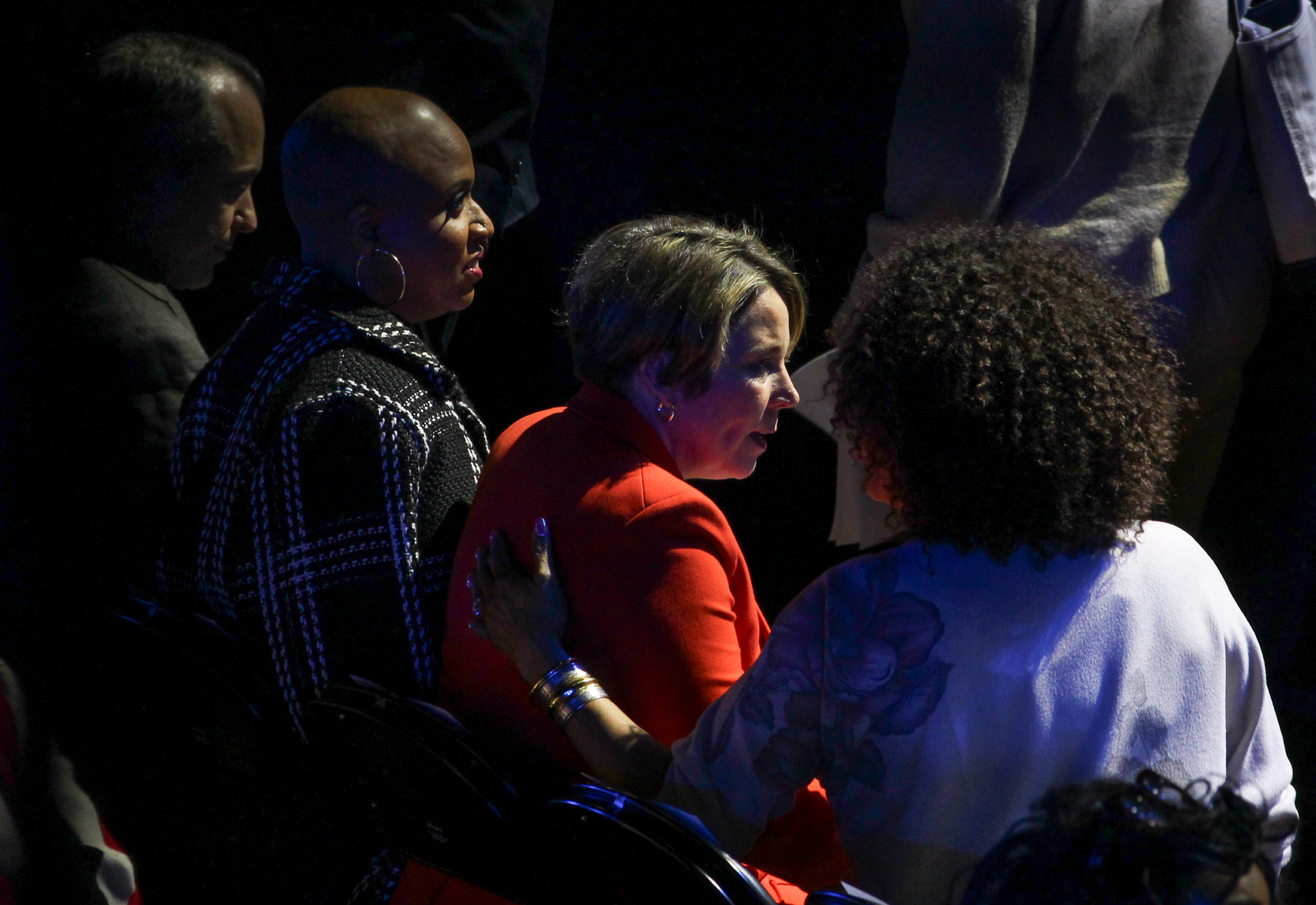Gov. Maura Healey announced April 16 that 15 public community colleges across Massachusetts will receive a grant totaling $9.7 million to expand workforce training in critical health care professions.

The funding aims to support noncredit training programs for certified nursing assistants and medical assistants, which are “designed to meet workforce demands” and provide students with “practical, job-ready skills,” according to a press release from the Healey-Driscoll administration.
“As one of the most rapidly growing STEM occupations, it is vital that we open pathways for more people to pursue nursing and health care careers as soon as possible,” said Lt. Gov. Kim Driscoll, according to the press release. “These training programs are a win for our residents, a win for our employers and a win for our health care system.”
Health care is already among the most in-demand industries in Massachusetts and is expected to keep growing. The four employers with the most job postings in the state were all in the health care sector in February, according to labor market analytics firm Lightcast.
Nationally, jobs for registered nurses are projected to grow 6 percent by the early 2030s, with Massachusetts expected to see nearly 9 percent growth, according to the Lightcast data.
Kristen McKenna, dean of workforce and economic development at Bunker Hill Community College, one of the institutions receiving the grant, said community colleges are the backbone of CNA training across the state, being “one of the most reliable” sources of training.
“There are a few community-based organizations that do CNA training, but largely it comes from the community colleges around Massachusetts,” she said. “It is really vital, because these services are in need, especially for the elderly … We’re getting older as a society, so it’s super important to have certified nursing training.”
McKenna emphasized the urgency of the investment, noting that a long-standing shortage of certified nursing assistants has only worsened since the COVID-19 pandemic.
“The governor knew that this was sort of a gap in the funding, and she and her administration really reached out to the community colleges to determine this need and then acted on it,” she said. “We haven’t had enough before the pandemic. Now, we really don’t have enough CNAs out in the field.”
McKenna said the new funding could be a turning point.
“I definitely think that it’s going to make an impact and start to move in the direction of solving this problem or creating opportunities for people who want to get into the medical field,” she said.
McKenna said BHCC plans to use the grant to fund two additional CNA courses, an EMT training program to address emergency medical service vacancies in Boston and new dental and medical interpreter programs.
“These are relatively entry-level positions that we’re training people for, but they are certainly a pathway to higher level medical positions,” McKenna said. “There’s lots of ways for us to take this opportunity, to fill these temporary vacancies in entry-level positions, but also create a worker who can go on and have a really successful career in healthcare and meet the demands.”









































































































